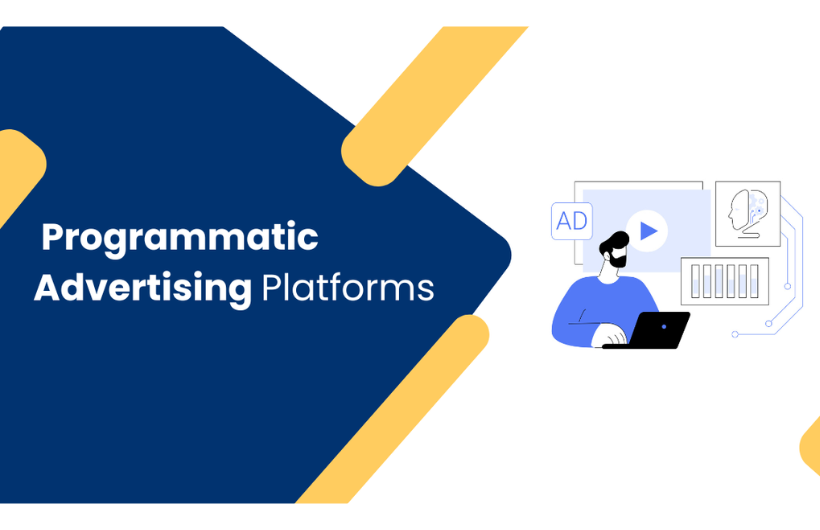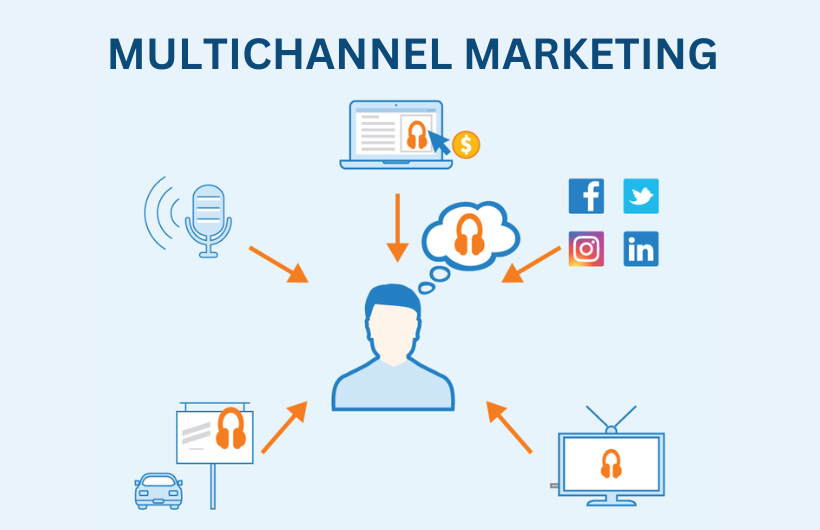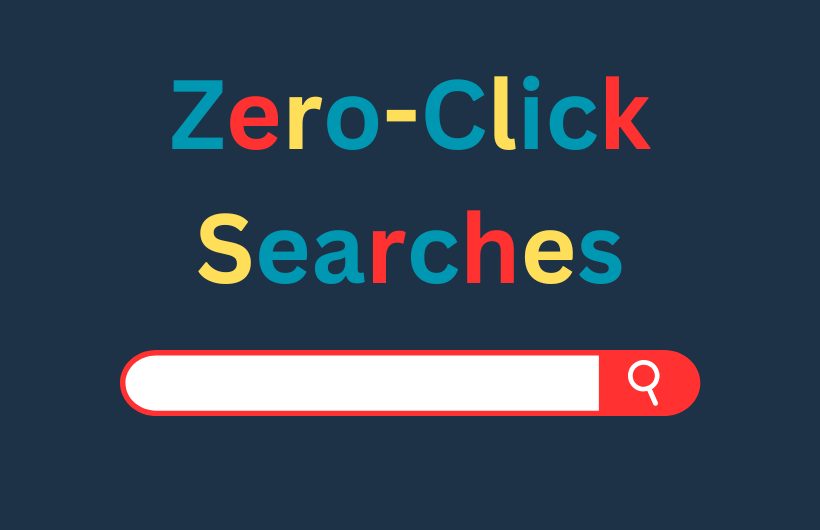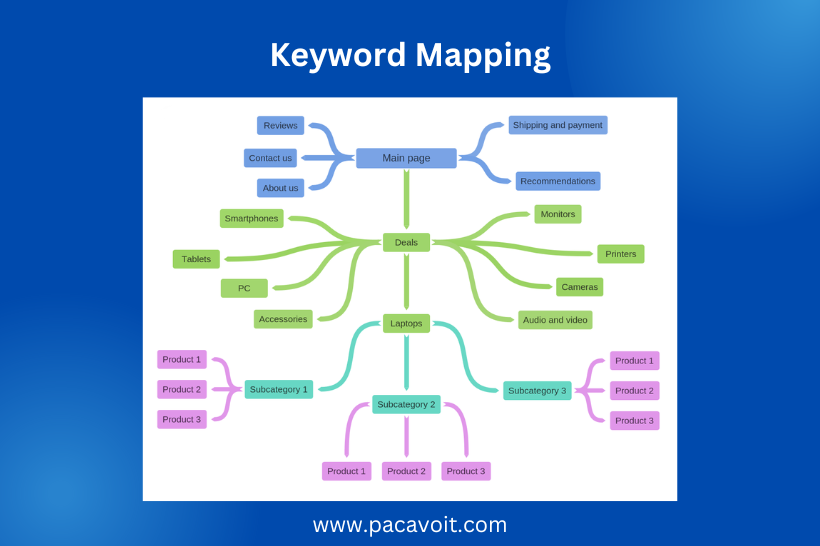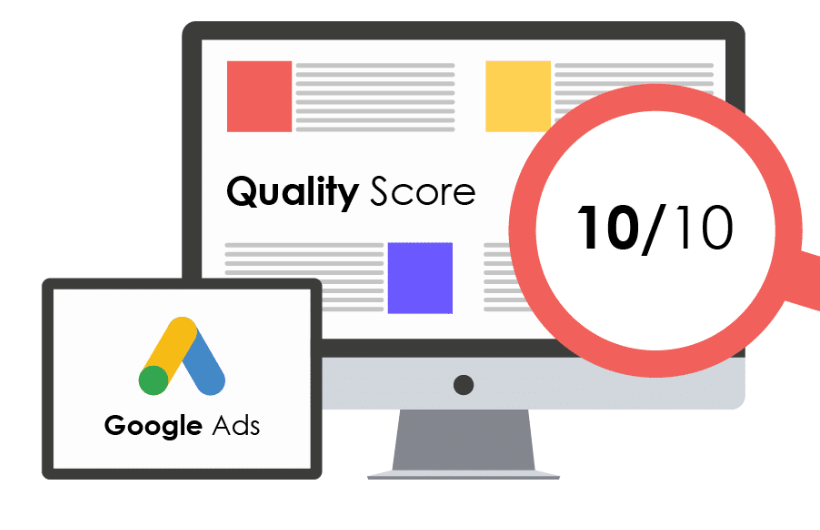In today’s digital landscape, Search Engine Optimization (SEO) is a crucial aspect of any successful online business. Whether you’re an aspiring SEO specialist or an experienced professional, understanding the core concepts and strategies is essential. Preparing the SEO interview questions can be challenging, especially given the evolving nature of SEO. To help you ace your next interview, we’ve compiled a list of the best 20 SEO interview questions, covering everything from basic to advanced topics. These questions will test your knowledge of on-page SEO, off-page SEO, technical SEO, and more. Let’s dive into the most critical SEO interview questions and prepare you for success!
Here are the Best 20 SEO Interview Questions:

1. What is SEO, and why is it a critical factor for achieving online success?
Focus Keyword: SEO Interview Questions
SEO stands for Search Engine Optimization. Search Engine Optimization (SEO) is the strategic process of enhancing a website’s visibility and organic ranking within search engine results. SEO is important because it helps increase organic traffic to your website, enhances brand visibility, and ultimately drives more conversions. Effective SEO strategies ensure that your website meets search engine algorithms’ requirements, making it more likely to appear at the top of search results.
2. Can you explain the difference between on-page SEO and off-page SEO?
Related Keywords: on-page SEO, off-page SEO, SEO optimization
On-page SEO involves refining individual web pages to enhance their relevance and visibility within search engine results. This includes optimizing content, HTML elements, and internal links. Off-page SEO, on the other hand, involves activities outside the website to improve its authority and reputation. This includes link building, social media engagement, and influencer marketing. Both on-page and off-page SEO strategies are essential components for achieving optimal search engine visibility and ranking.
3. What are some essential on-page SEO elements?
Related Keywords: website SEO, SEO tools, SEO content
On-page SEO elements include title tags, meta descriptions, header tags, keyword optimization, image alt text, and internal linking. These elements help search engines understand the content and context of your web pages. Using SEO tools can assist in analyzing and optimizing these elements to improve your website’s SEO performance.
4. How do you conduct keyword research?
Related Keywords: SEO keywords, SEO tools, best SEO tools
Keyword research involves identifying and analyzing the search terms users enter into search engines. Tools like Google Keyword Planner, SEMrush, and Ahrefs are popular for conducting keyword research. The process involves finding relevant keywords with high search volume and low competition, ensuring that they align with your target audience’s intent.
5. How do backlinks play a vital role in SEO?
Related Keywords: link building, SEO backlinks, back links
Backlinks are incoming links from other websites to your website. They are a crucial factor in SEO ranking, as they signal to search engines that your content is valuable and trustworthy. Quality backlinks from reputable sites can significantly boost your site’s authority and improve its search engine ranking.
6. Can you explain what a search engine algorithm is?
Related Keywords: search engine optimization, google search engine optimization
A search engine algorithm is a complex set of rules and calculations that search engines use to determine the relevance and ranking of web pages. Google, for example, uses a sophisticated algorithm that considers factors like content quality, backlinks, user experience, and mobile-friendliness. Understanding these algorithms is essential for effective SEO marketing.
7. What are some common SEO tools you use?
Related Keywords: best SEO tools, free SEO tools, SEMrush SEO tools
There are numerous SEO tools available to help analyze and optimize websites. A range of powerful tools, including Google Analytics, Google Search Console, SEMrush, Ahrefs, Moz, and Screaming Frog, offer invaluable insights into website performance, keyword rankings, backlink profiles, and more.
8. How do you approach technical SEO?
Related Keywords: technical SEO, SEO optimization tools
Technical SEO focuses on optimizing a website’s underlying structure to enhance search engine discoverability and indexing. Key areas include accelerating page load times, ensuring seamless mobile experiences, utilizing structured data, and resolving indexing issues. Technical SEO is essential for providing a seamless user experience and improving search engine visibility.
9. What is the importance of mobile SEO?
Related Keywords: SEO for my website, SEO optimization
Mobile SEO is the practice of tailoring websites for optimal performance on mobile devices. Given the surge in smartphone usage, delivering a seamless mobile experience is now paramount for online success. Google uses mobile-first indexing, meaning it primarily considers the mobile version of a site for ranking purposes. A responsive design and fast-loading pages are essential for effective mobile SEO.
10. How do you measure SEO success?
Related Keywords: improve SEO, SEO ranking, SEO search
Measuring SEO success involves tracking key performance indicators (KPIs) such as organic traffic, keyword rankings, conversion rates, and bounce rates. Tools like Google Analytics and Google Search Console provide valuable data for analyzing SEO performance. Regularly monitoring these metrics helps identify areas for improvement and optimize your SEO strategy.

11. What is a canonical tag, and why is it important?
Related Keywords: SEO content, SEO help
A canonical tag is an HTML element that helps prevent duplicate content issues by specifying the preferred version of a webpage. It tells search engines which version of a page to index and rank. Canonical tags are essential for consolidating link equity and avoiding content duplication penalties.
12. How do you optimize a website for voice search?
Related Keywords: SEO strategy, SEO optimization
Optimizing for voice search involves focusing on natural language and conversational queries. This includes using long-tail keywords, answering common questions, and ensuring your content is easily readable. Structured data and local SEO strategies also play a significant role in voice search optimization.
13. What is the role of content in SEO?
Related Keywords: SEO content, search engine optimization techniques
Content is a fundamental aspect of SEO. High-quality, relevant, and engaging content attracts and retains users, encouraging them to spend more time on your site. Search engines prioritize content that meets user intent, answers questions, and provides value. Consistently updating and optimizing content is crucial for maintaining SEO success.
14. How do you handle a website with a manual penalty from Google?
Related Keywords: SEO specialist, SEO expert
Handling a manual penalty involves identifying the cause, addressing the issues, and submitting a reconsideration request to Google. This may include removing spammy backlinks, fixing thin or duplicate content, and ensuring compliance with Google’s guidelines. It’s essential to document all actions taken to resolve the penalty.
15. What are some effective link-building strategies?
Related Keywords: link building SEO, back link
Effective link-building strategies include guest blogging, creating valuable content that attracts natural links, reaching out to influencers, and participating in industry forums and communities. Building relationships with authoritative websites and earning backlinks through genuine engagement is key to a successful link-building strategy.
16. Can you explain what local SEO is and why it’s important?
Related Keywords: local SEO, search engine optimization
Local SEO focuses on optimizing a website to appear in local search results. It’s essential for businesses with a physical presence or those targeting a specific geographic area. Local SEO strategies include optimizing Google My Business profiles, acquiring local citations, and encouraging customer reviews. Effective local SEO helps attract nearby customers and drive foot traffic.
17. How do you optimize a website for featured snippets?
Related Keywords: SEO search engine optimization, SEO strategy
Optimizing for featured snippets involves structuring your content to answer common questions concisely and directly. Using bullet points, numbered lists, and tables can improve the chances of appearing in featured snippets. Understanding user intent and providing clear, valuable information is crucial for capturing these prominent search results.
18. What is the importance of site speed in SEO?
Related Keywords: improve SEO, engine optimization
Site speed is a critical factor in SEO as it directly impacts user experience and search engine rankings. Slow-loading pages can lead to high bounce rates and reduced user engagement. Optimizing images, leveraging browser caching, and minimizing HTTP requests are some ways to improve site speed and enhance SEO performance.
19. How do you approach SEO for e-commerce websites?
Related Keywords: SEO optimization, SEO help
SEO for e-commerce websites involves optimizing product pages, using schema markup for rich snippets, and implementing user-friendly navigation. Keyword research should focus on product-related terms and long-tail keywords. Additionally, optimizing product descriptions and images can improve visibility and drive more organic traffic to your online store.
20. What is your experience with SEO reporting?
Related Keywords: SEO marketing, SEO specialist
SEO reporting involves analyzing and presenting data on the performance of SEO strategies. It includes tracking metrics such as organic traffic, keyword rankings, and conversion rates. Effective reporting provides insights into the success of SEO efforts and helps identify areas for improvement. Using tools like Google Analytics and Google Search Console can aid in creating comprehensive SEO reports.

Conclusion:
By preparing for these SEO interview questions, you’ll be well-equipped to showcase your knowledge and expertise. Remember, SEO is an ever-evolving field, and staying updated with the latest trends and techniques is essential for success. At Pacavo IT Consulting, we understand the importance of continuous learning and adapting to the dynamic SEO landscape. Our team of experts is dedicated to providing the latest insights and strategies to help businesses succeed online. Good luck with your interview, and may you excel in your journey as an SEO expert!


